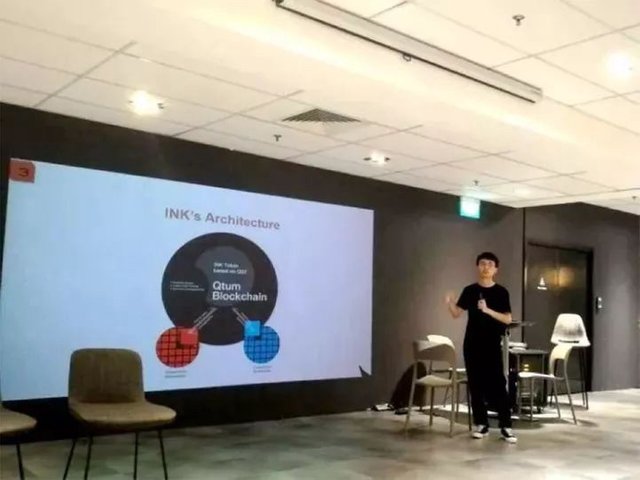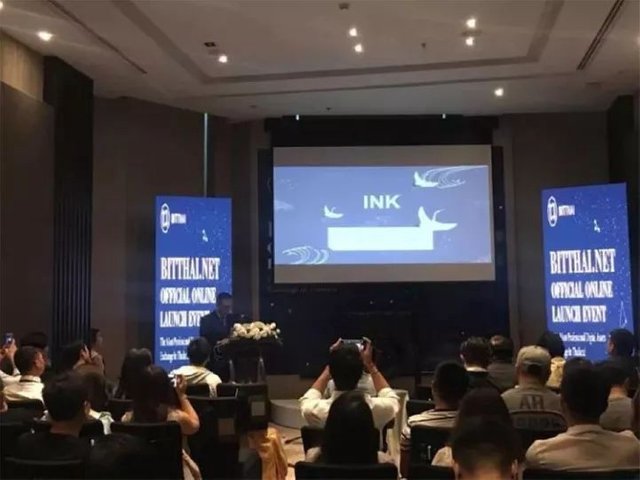Ink: Disruptor of the Big Content Era
There are many content distribution blockchain projects, such as DECENT, Primas, Po.et, YOYOW, Steem and so on. Ink was also one of the earlier initiated projects, its founder, Tangling, created Xi’an Ziggurat Internet Technologies Co.Ltd. In April 2016, Ziggurat has earned millions of dollars in its seed financing, and by July 2017, tens of millions in its Pre-A round financing, with millions of copyright registration data.
The content distribution industry is a promising sunrise market (with a global market value of $ 62 billion). But now it is still plagued by rampant plagiarism, low content quality, poor liquidity and high discourse power of issuing agencies. At present, content distribution platforms are traffic monetizing-oriented and have lack of respect for copyright. And they pay more attention on eye-catching content instead of true high-quality content. Because there is no good circulation market, it is difficult to achieve content monetizing, with the exception of advertisement traffic monetizing. In addition, content creators only receive limited value incentives since most of them is taken away by intermediary platforms.
The blockchain is characterized by immutability and unduplicatedness, which can help solve the problems of copyright registration and protection. The real high-quality content will be screened and rewarded through user interaction. And the asset securitization can enhance the liquidity and convenience of the copyright transactions. Moreover, decentralized distribution mechanisms can greatly decrease the discourse power of intermediaries and give creators more direct incentives. Therefore, we can see a great development potential of combining content distribution and blockchain.
Compared with similar projects, Ink has its own characteristics:
- The concept of “Sovereignty Chain for a Specific Cultural Circle” is proposed. It is essentially an alliance chain (including China, the United States and Thailand) operating within a specific sovereignty scope. Different sovereign alliance chains can be adopted to apply in different legal frameworks and cultural backgrounds.
- At the same time, Ink will build a trading platform for cultural assets based on the QTUM chain to facilitate the transactions of cultural assets (IP works)
- Industrial convergence and locally mass production can be realized through cross-chain interaction protocols.
Ink
Based on the QTUM and Hyperledger constructions, the Sovereignty Chain has partially entered the testing phase in September 2017. And Dapp open development platform is expected to launch in December. Xi’an Ziggurat Internet Technologies Co.Ltd, a Board unit, has been in operation for about two years. And in April 2016, it has earned millions of dollars in its seed financing, and by July 2017, tens of millions in its Pre-A round financing, with millions of copyright registration data.
Ink’s roadshows are in process:
October 21–22th, Korea Seoul, a stunning debut

October 25th, Singapore, a steady journey

October 28th, Silicon Valley, a common future

October 29–30th, London, a subversion of the age

November 3rd, Toronto, International praise

November 5th, Thailand, win-win cooperation

November 10th, Japan, on the way…
hi i upvoted for you plz upvote me
https://steemit.com/very/@keerthi12345/hai-steemit-very-good-morning-all